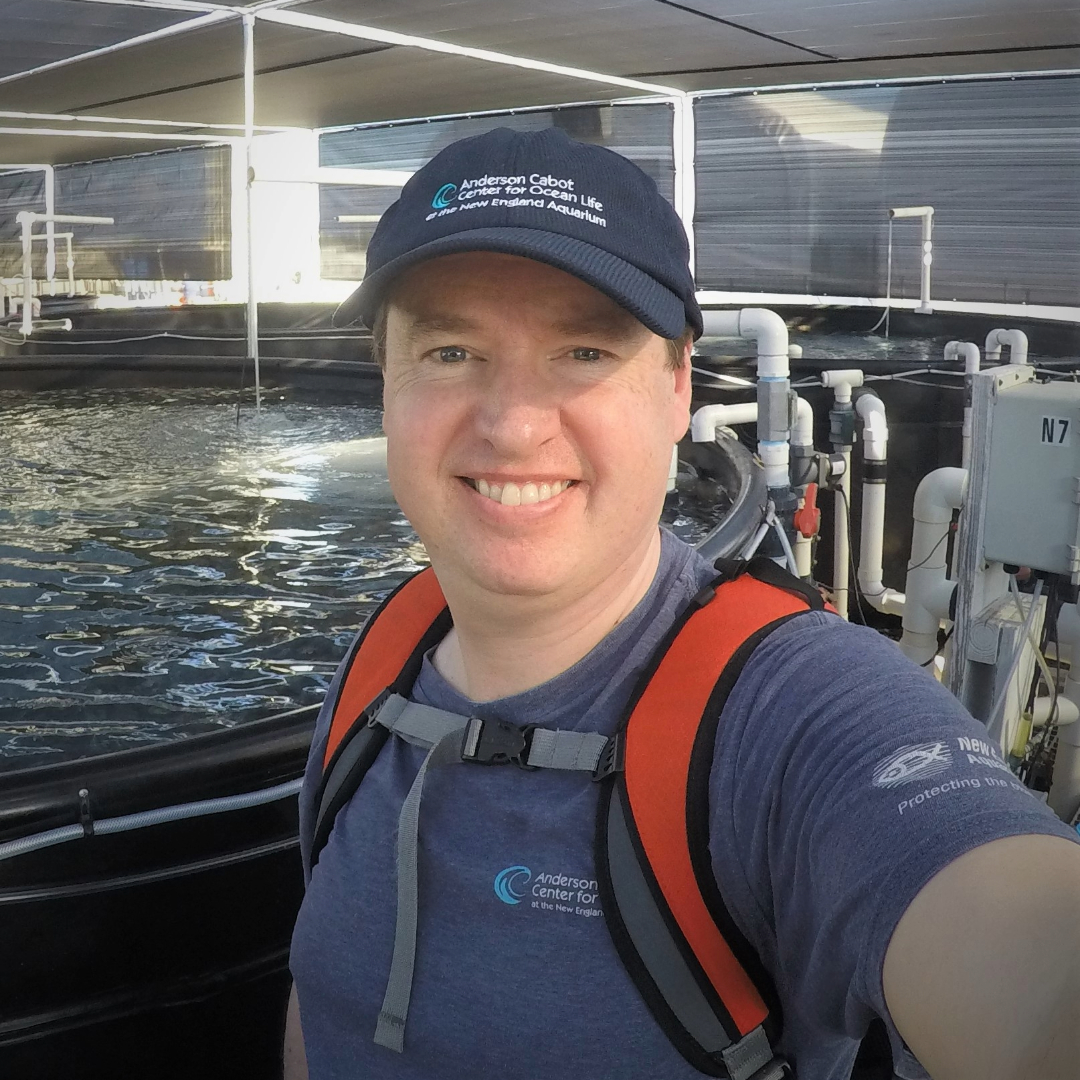We are SOLD OUT of tickets for today, Saturday July 5th.
Toward an environmentally responsible offshore aquaculture industry in the United States: ecological risks, remedies, and knowledge gaps
By Rod Fujita, Poppy Brittingham, Ling Cao, Halley Froehlich, Matt Thompson, Taylor Voorhees
Originally published in Marine Policy in January 2023

Abstract
There is growing interest in cultivating fish, shellfish, and seaweeds in offshore waters. Existing pilot and commercial facilities demonstrate that offshore aquaculture is technically feasible, and that it can improve growing conditions and farmed animal health under some conditions. Many of the advances that have improved the ecological outcomes of nearshore aquaculture are likely to apply to offshore facilities as well. However, some ecological risks will likely persist in the near term. The vulnerability of offshore farm site infrastructure to weather events and vessel collisions could be similar to nearshore sites and result in escape events, and the farming of finfish will likely require feeds that include fishmeal and fish oil, ingredients derived from finite marine resources, and terrestrial-origin ingredients whose embodied carbon footprint may be high. Moreover, because offshore aquaculture occurs in ecological contexts that differ significantly from nearshore contexts, different kinds of ecological risks may also arise as the sector grows. Existing claims on marine space and conflicts with other uses could result in clustering of farms in favorable sites, posing a risk of cumulative impact. The transport, deployment, operation, and decommissioning of infrastructure associated with offshore farms may also pose ecological risks related to harmful interactions with marine wildlife (e.g., entanglement, vessel strikes, and habitat exclusion). Here we synthesize information on the ecological risks posed by offshore aquaculture and how to mitigate them. We also use this synthesis to identify knowledge gaps to inform the development of a research agenda and effective policies that can allow an offshore aquaculture industry to grow in the federal waters of the United States while minimizing environmental impact.
Full Text


